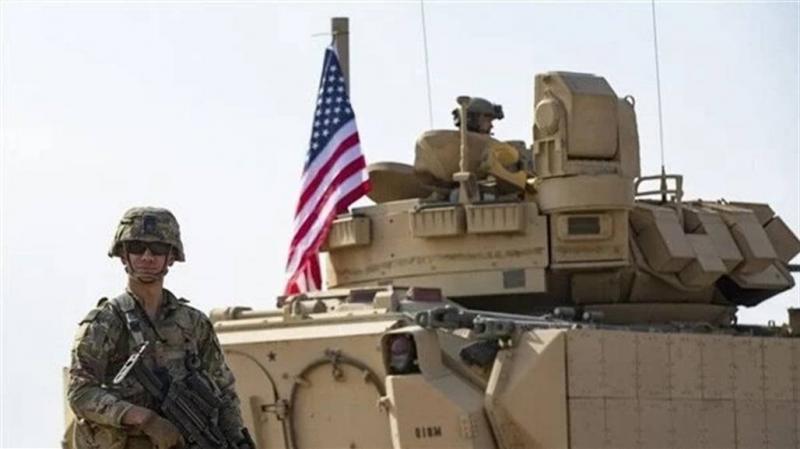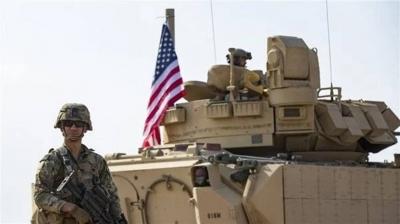After the Iraqi Resistance Coordination announced last Wednesday the end of the deadline for U.S. withdrawal, Prime Minister Mohammed Shiaa Al-Sudani is attempting to contain the decision of factions to end the ceasefire and their threat to resume operations against U.S. interests in the country. The newspaper Asharq Al-Awsat reported from Iraqi sources that "communications and consultations have taken place between the leaders of the Coordinating Framework to understand the new escalation from the factions and its impact on the government and its regional and international balances."
The source added that "the Prime Minister does not feel comfortable with some factions' attempts to bypass the government regarding the U.S. withdrawal, which they are working to schedule technically." Leaders of moderate parties are concerned about the timing of the escalation coinciding with regional tensions between Israel and southern Lebanon.
Military and strategic researcher Emad Alou affirmed that "the region remains inflamed with tensions and armed conflicts due to the genocide being perpetrated by the Zionist occupation forces against our people in Gaza and the West Bank." He pointed out that "all these matters coincide with a declared stance and hostile policy by the United States regarding the Palestinian issue and what is happening in terms of genocide against the Palestinian people in Gaza, in addition to the consecutive statements made in the media by the new U.S. ambassador."
Tracy Jacobson, nominated by U.S. President Joe Biden for the position of U.S. ambassador to Iraq, mentioned in her opening remarks before the Senate Foreign Relations Committee that she would work through all available political means to counter and limit Iranian influence in Iraq.
Alou noted that "all these factors may have led to the collapse of the ceasefire between the Islamic resistance factions in Iraq and the American interests present on Iraqi soil," predicting "a return to mutual shelling between the Islamic resistance factions and U.S. forces." He added that "if the procrastination continues and no ceasefire agreement is reached in Gaza due to the Zionist aggression and U.S. and Western support for this aggression, it is possible that there will be renewed attacks and shelling by the Islamic resistance on U.S. forces and interests in Iraq," explaining that "this would lead to disruption and instability, creating tension between the Iraqi government and the upcoming U.S. administration facing near presidential elections. If Trump is elected, it could result in serious escalation against the headquarters and camps of the factions."




